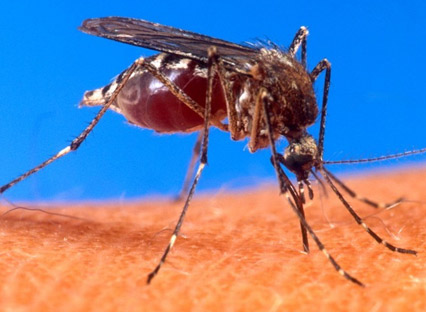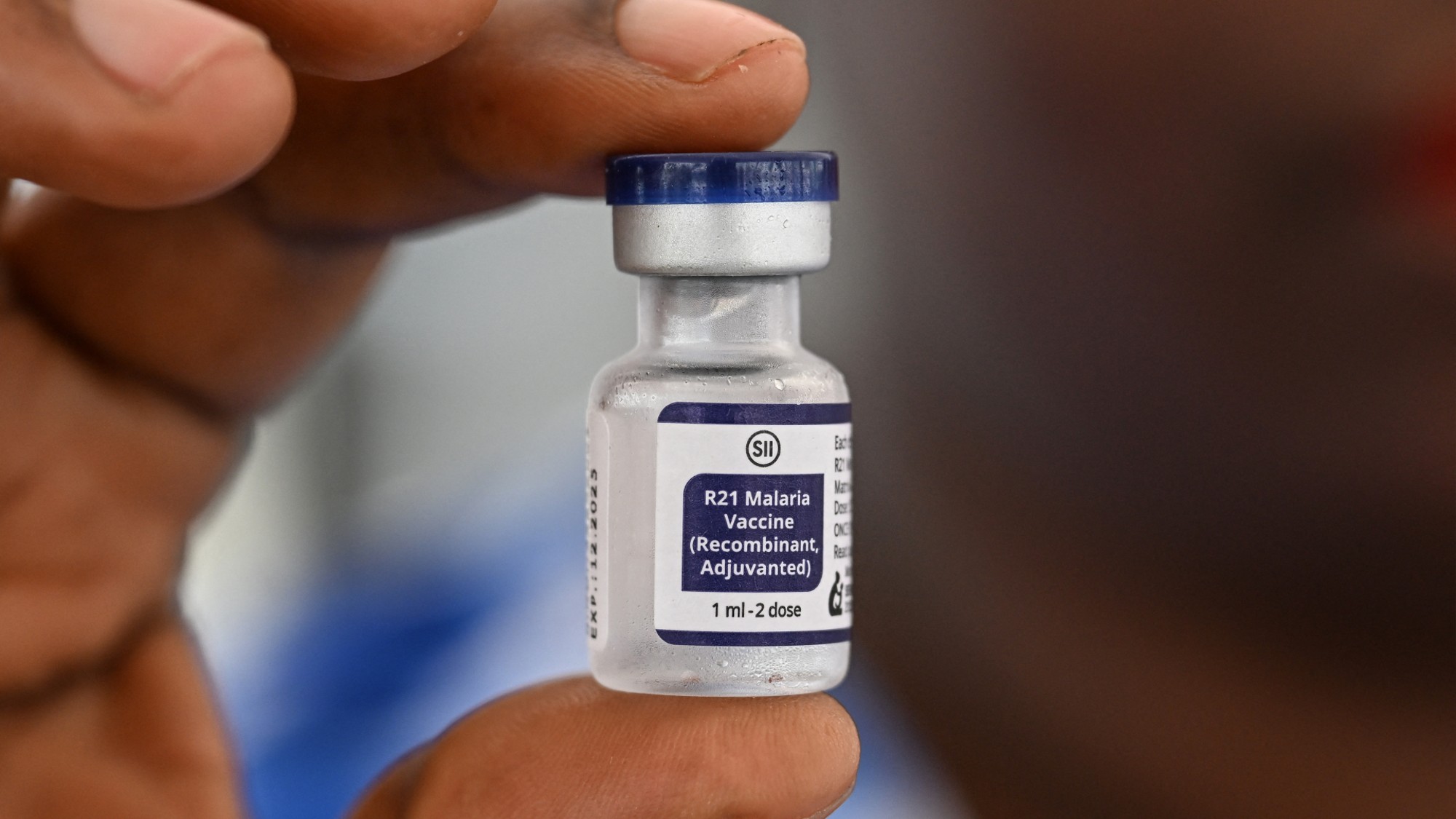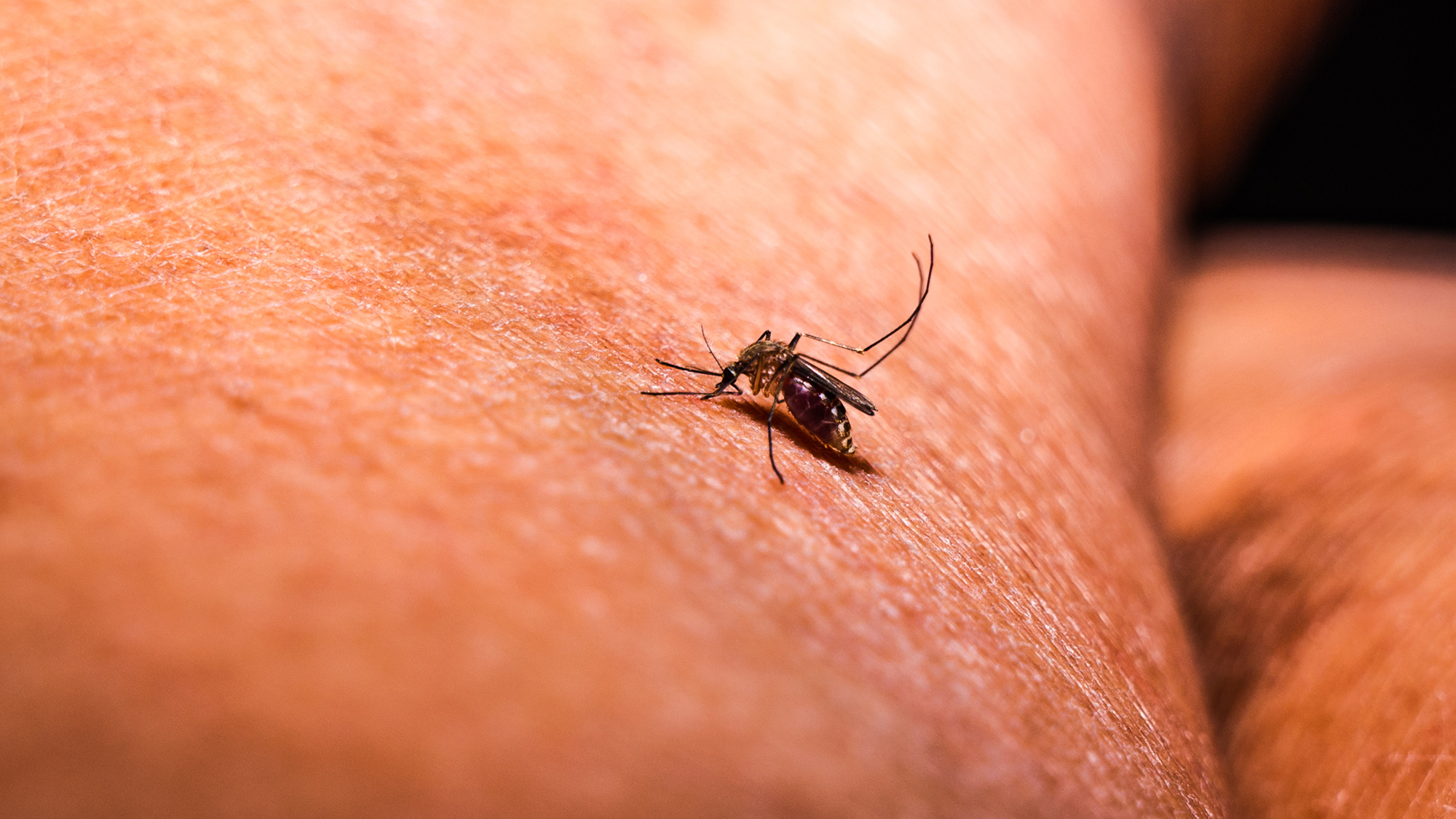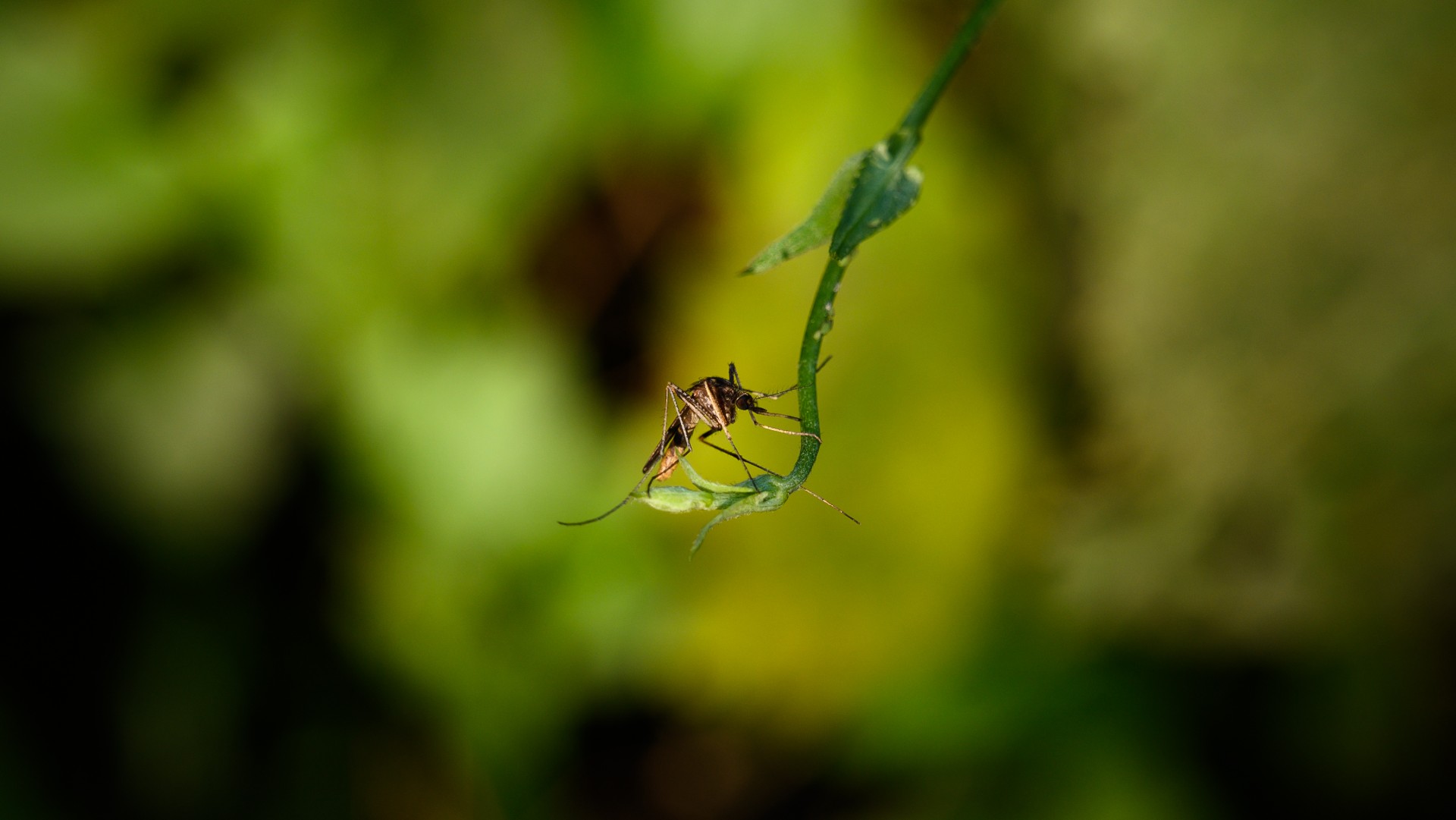Mosquitoes: malaria species gathering in Britain's gardens
Increase in temperatures and water containers is attracting more mosquitoes to UK urban areas

A free daily email with the biggest news stories of the day – and the best features from TheWeek.com
You are now subscribed
Your newsletter sign-up was successful
Warmer temperatures and an increase in garden water containers are attracting more mosquitoes to urban areas in the UK, a new study has found.
Two species of mosquito, responsible for spreading malaria and West Nile virus overseas, are gathering in Britain's gardens.
UK mosquitoes are free from human diseases, but a study published in Plos One suggests the chances of a potential outbreak increase with more of the insects breeding in urban areas.
The Week
Escape your echo chamber. Get the facts behind the news, plus analysis from multiple perspectives.

Sign up for The Week's Free Newsletters
From our morning news briefing to a weekly Good News Newsletter, get the best of The Week delivered directly to your inbox.
From our morning news briefing to a weekly Good News Newsletter, get the best of The Week delivered directly to your inbox.
Dr Amanda Callaghan, an associate professor at the University of Reading's School of Biological Sciences and co-author of the study, says that changes in temperature have been known to cause changes in mosquito behaviour. She notes that in some regions, such as southern Europe, diseases have "crept in" because mosquitoes have changed their behaviour.
The UK's severe drought and hosepipe ban in 2012 prompted more people to buy water butt containers, which represents a "large area of habitat" for mosquitoes, says the report.
"The main finding is that these mosquitoes are right next to people's houses and the Anopheles mosquito we found is a human-biting species and it can transmit malaria," says Callaghan. "Therefore, if someone comes back from their holiday with malaria and they get bitten, it could be transmitted to another person – and that is how you get outbreaks."
Callaghan says the chances of a malaria epidemic are "relatively low" as there has not been secondary malaria here since the 1950s. Secondary malaria refers to someone catching malaria from another person who has also been bitten by a mosquito, explains the BBC.
A free daily email with the biggest news stories of the day – and the best features from TheWeek.com
There are thousands of cases of malaria in the UK each year, but mostly as a result of people returning from abroad. People are normally treated quickly, meaning that malaria is not in their blood for a long time and therefore the chances of being bitten and transmitting it are quite low.
But Callaghan says the chances increase if more people come back with malaria and there are more mosquitoes that can transmit malaria living in urban areas.
-
 How the FCC’s ‘equal time’ rule works
How the FCC’s ‘equal time’ rule worksIn the Spotlight The law is at the heart of the Colbert-CBS conflict
-
 What is the endgame in the DHS shutdown?
What is the endgame in the DHS shutdown?Today’s Big Question Democrats want to rein in ICE’s immigration crackdown
-
 ‘Poor time management isn’t just an inconvenience’
‘Poor time management isn’t just an inconvenience’Instant Opinion Opinion, comment and editorials of the day
-
 No more bugging: how Egypt became certified malaria-free
No more bugging: how Egypt became certified malaria-freeUnder the radar It was a century-long effort
-
 Have we defeated malaria?
Have we defeated malaria?The Explainer Roll-out of low-cost vaccine means a world free from disease that claims 600,000 lives a year 'finally within sight'
-
 Roll-out of affordable malaria vaccine begins
Roll-out of affordable malaria vaccine beginsSpeed Read R21 is approved for babies and may save hundreds of thousands of lives
-
 The fight against malaria
The fight against malariaThe Explainer After declining for decades, deaths from the disease are suddenly on the rise. What’s changed?
-
 Malaria is spreading, but we can stop it
Malaria is spreading, but we can stop itThe Explainer Climate change is hastening the disease but medicine is catching up
-
 The taming of Malaria
The taming of Malariafeature Distribution of vaccines a ‘challenge’ and costs ‘considerable’ but rollout still marks landmark moment in history
-
 Neanderthal gene ‘caused up to a million Covid deaths’
Neanderthal gene ‘caused up to a million Covid deaths’Speed Read Genetic tweak found in one in six Britons means cells in the lungs are slower to launch defences
-
 Legalising assisted dying: a complex, fraught and ‘necessary’ debate
Legalising assisted dying: a complex, fraught and ‘necessary’ debateSpeed Read The Assisted Dying Bill – which would allow doctors to assist in the deaths of terminally ill patients – has relevance for ‘millions’